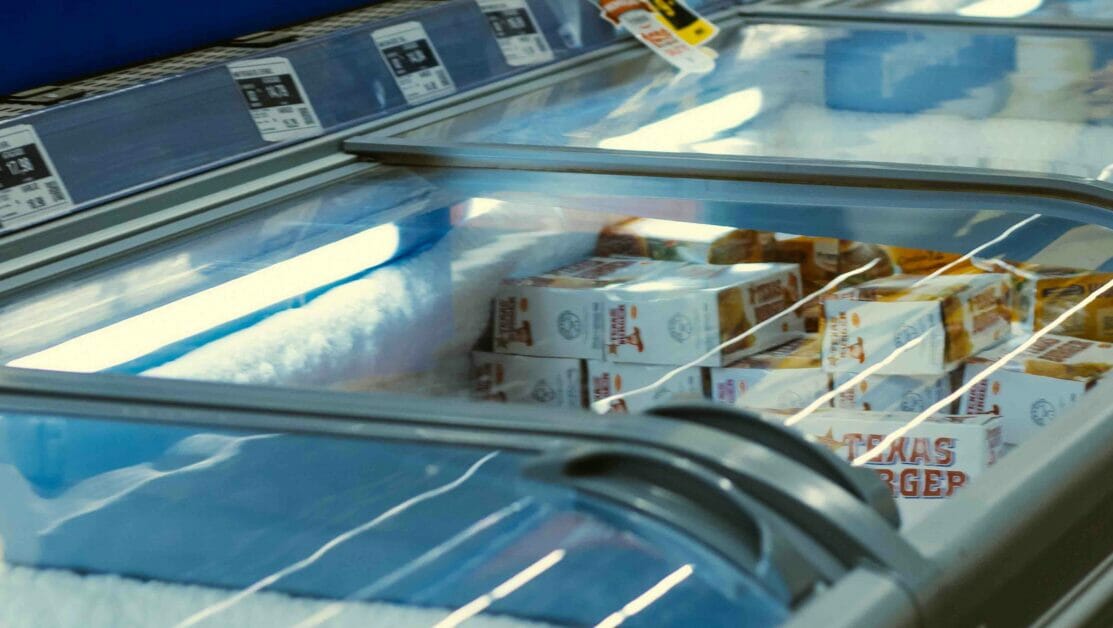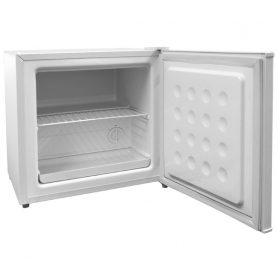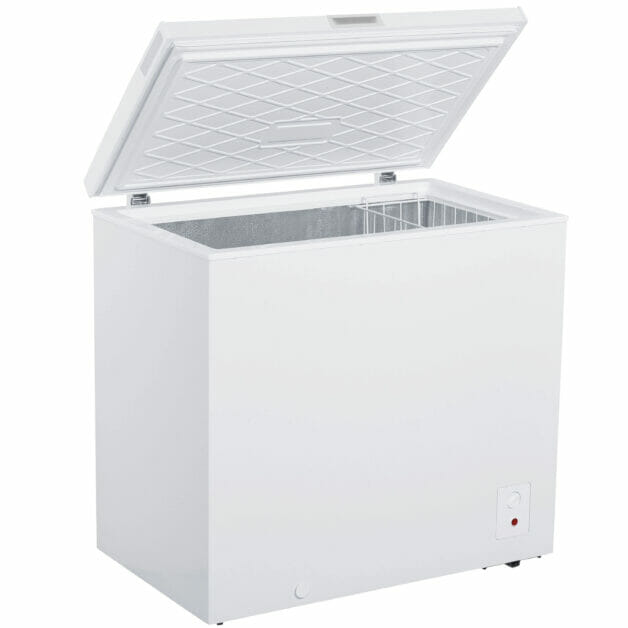Does a Freezer Need a Dedicated Circuit?

Whether you need a dedicated circuit for any appliance depends on its initial and stable current draw and power requirement.
A simple, standalone freezer typically requires no more than 50 watts, so it doesn’t need a dedicated circuit. However, it might do if it has one or more high-end electrical features or components, a deep freezer or a combined fridge and freezer. To be sure, you must check its current draw and power requirement. Usually, it’s recommended to put a refrigerator on a dedicated circuit, but it’s also permitted to do without one.
I’ll tell you what amperage you can expect a freezer to use and what difference a deep and combined refrigerator unit makes.
Dedicated Circuits
A dedicated circuit is designed to serve only a single appliance, typically a high-powered or heavy-duty one that draws a very high current or has a very high power requirement.
The NEC code also requires it for certain critical and fixed appliances.
Technically, it is a separate or “individual branch circuit” and is arranged to reduce the risk of overloading a circuit, tripping a breaker, and other safety reasons. Manufacturers normally state whether you require a dedicated circuit for a particular appliance.
A dedicated circuit must not be shared by any other appliance, even a light bulb or other very low-power appliance.
Freezers

A freezer normally doesn’t have a dedicated circuit unless it’s a high-powered, deep, or combined fridge and freezer.
Both portable and standalone freezers usually don’t, but it depends on their power rating.
Power Rating of Freezers
A standalone freezer typically requires only between 30 and 50 watts.
This is a low power requirement, so that you wouldn’t need a dedicated circuit.
Deep Freezers

A deep freezer requires more wattage than a simple one.
It usually needs somewhere between 80 and 900 watts. If it’s old, it probably draws more current and requires higher than newer or modern ones. Modern deep freezers may only require up to 300 watts.
It’s probably better to put a deep freezer on a dedicated circuit unless you have a modern, energy-efficient model with a low-power requirement.
Combined Fridge and Freezer
A combined fridge and freezer are designed to operate on the same circuit.
It might still not require a dedicated circuit if its power consumption is low, but it’s usually recommended that refrigerators are put on dedicated circuits.
The type of circuit and circuit breaker required will depend on the total amperage or wattage of the combined unit. The power requirement might be around 300-400 watts, but it can be up to 800 if you have a large capacity or high-end model.
NEC Code
The NEC code [NEC 210.52(B)(1)] permits connecting a refrigerator to a standard 20-amp outlet, but otherwise, it’s a standard practice to put refrigerators on dedicated circuits.
Note that this applies to refrigerators, not standalone freezers, whose power requirement is typically low.
FAQs
My simple freezer has a low power requirement. Should I still have it on a dedicated circuit? What other benefits are there?
Even if you have a simple freezer with a low power requirement, putting it on a dedicated circuit can be advantageous.
For example, appliances on dedicated circuits are not connected to other appliances.
If any appliance causes the circuit breaker to trip on a shared circuit will trip for the entire circuit. All the appliances on that circuit will be turned off, causing a disruption.
It’s also advisable to have a dedicated circuit if operating the freezer is critical, such as for business use.
References
Deep Freezer: https://www.avantiproducts.com/products/copy-of-7-0-cu-ft-chest-freezer.
Simple Mini Freezer: https://www.qda.co.uk/lec-mini-freezer/p-590.
